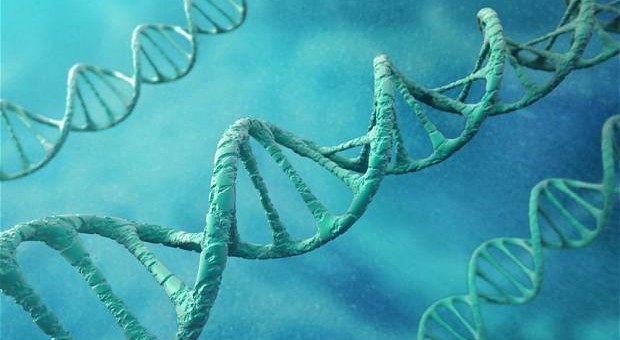As I browse the internet looking for the latest scoop to blog about, I often come across articles exclaiming in bold excited text about the latest surface to have a computer screen installed in it. Often these are outlandish and crazy, and make the reader wonder “who on earth would actually use that?”
In the last decade we’ve gone from having computers in the traditional form, strictly regulated to the office or lounge, to having computers in every shape and size popping up everywhere you can think of.
Is a laptop too tame for you? Perhaps you’d be the type of person to get a thrill out of wearing a computerised contact lens? Or perhaps you think your fingernails are too boring. Why don’t you jazz them up with interactive fingernails?
The applications that scientists and developers find for computers often leave one wondering what these crazy people will think up next.
Well the latest eyebrow-raising application is already here, and has already been tried and tested with astounding results. Forget about floppy disks and USBs, the future of data storage is right under your skin!
Last year Harvard scientists figured out how to store data on DNA strands by synthesising the DNA so that data could be read using a standard DNA sequencing process. If that’s not amazing enough, they managed to cram 5.5 petabytes of the stuff onto a single gram of DNA (1PB = 1 million GB).
The whole process is complicated, and you can read into it in Harvard’s online publication on the matter here.
This year, however, Harvard has taken it a step further by encoding data onto DNA with 100% retrieval accuracy.
Livescience.com reports that while this is still an extremely expensive process, it paves the way for storage of digital files without the need for electricity, in a manner that could last for thousands of years. Already the complete works of Shakespeare have been encoded (something that would probably have the old poet turning in his grave).
This new method of storage certainly beats external storage units like hard disk drives, USBs, and SD cards. It saves space, has a far greater capacity than anything the average Joe possesses, and we’ll never run out of DNA as long as the human race survives (if we kick the bucket it’s unlikely we’ll need to worry about backing up our DVD and music collections).
No matter what the developments in technology, you can be sure our stalwart technicians at Advanced Computers will be able to service and repair them. If computerised fingernails and contact lenses become the norm, you can bet we’ll be able to fix them. And if at some point in the future you need help in writing your hard drive to your DNA sequence, we’ll be more than happy to help.



